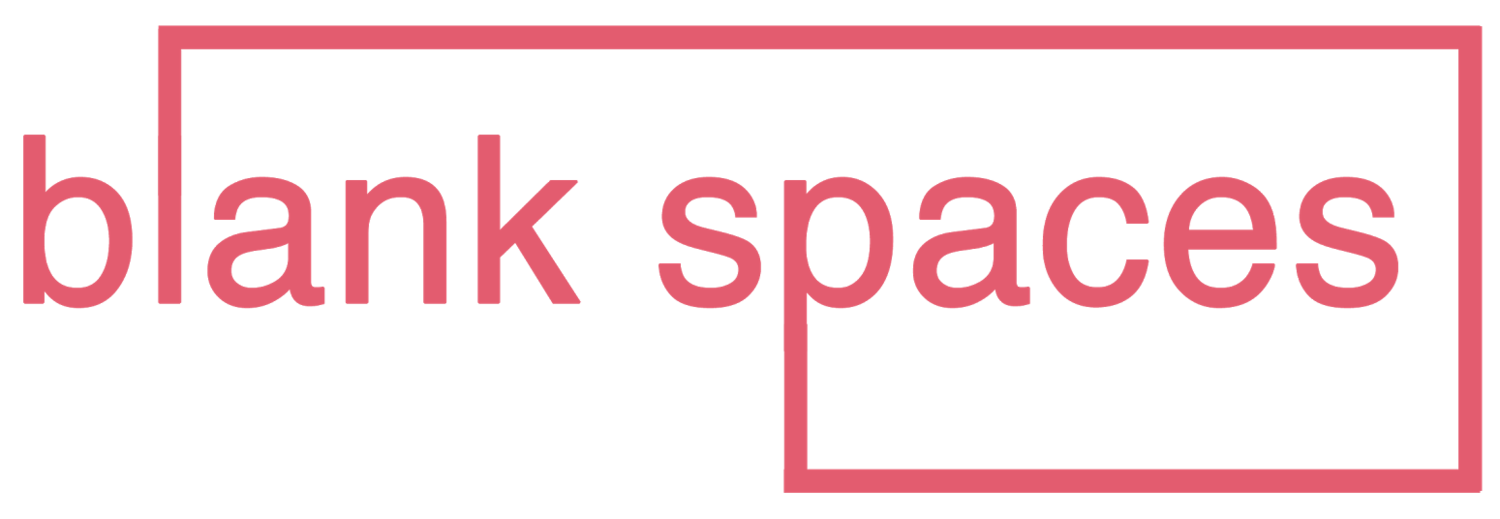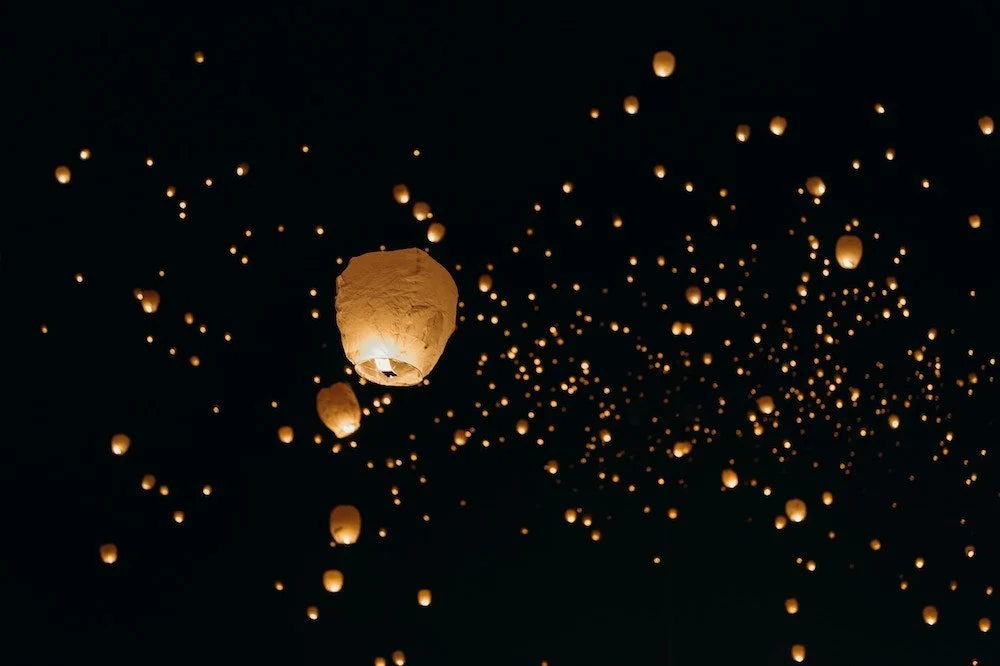"The End of the Line" by Andrew Shaughnessy — Our September 2023 Bronze Medal Winner
Andrew is our third place winner from the contest posted in our September 2023 issue!
What the judges had to say:
“While religion and friendship-romance are stereotypical sorts of conflicts, this author used them both to portray a deeper sense of limbo; weighing down the main character yet simultaneously giving them freedom. The ending was particularly poignant as the setting engaged the image prompt.”
“Great character development, and a very convincing and unique sense of voice here.”
“Loved this story. Very mature writing, well-crafted. You have firm control of the characters...The use of the lantern image was skillful. You did your homework and found an imaginative use for the symbolism.”
Meet Andrew
Andrew (Andy) Shaughnessy is a two-time bronze medal winner in Blank Spaces contests (December 2021 and June 2023). He is an intellectual property litigation lawyer, short story writer, and poet living in Toronto and Gravenhurst. He over uses m-dashes (and parentheses) and has (the love of) a dog.
The End of the Line
the unedited story by Andrew Shaughnessy
It was 2015 and my best friend Adrienne and I were sitting side-by-side on a late-night streetcar heading toward the tramline’s eastern terminus. This was the typical Friday post-library activity we’d engaged in since meeting in our first year. From there, we would walk to her house—a family home on a ravine lot overlooking a posh nine-hole golf course, each offering broad views over Lake Ontario (assuming one could see the water at eleven o’clock at night). I would then run back to catch the next westbound streetcar.
Looking back, her parents must have thought I was crazy, though I’m sure they were perfectly content to have their twenty-one-year old daughter accompanied on a long streetcar ride through parts of town that were getting rougher by the day. Their gratitude never did extend, however, to offering me a lift to the nearest subway station so I could avoid the hassle of having to take the tram back downtown. ‘Friends first,’ was fine for them, but it wasn’t an issue I had forced. There was no way a staunch Catholic immigrant family, with a newly-minted membership in a prized golf club overlooking a lake, was going to invite an agnostic kid from a poor working-class family into the club. I say agnostic because that was the comfortable middle ground between my mother, the protestant, and my father, the atheist. I don’t know whether God exists but I’m afraid of the answer. That fact—that I don’t know—in a religious family is tantamount to a relationship killer. She isn’t religious, but I am playing the religion card in telling this story. The mixed-race card is too painful to play. Her parents knew it. Adrienne knew it. I guess back then I didn’t want to figure it out.
I must have looked stupid—sitting on those long streetcar rides, planning out elaborate goodbyes on her doorstep, desperately (not) finding the courage to burst through the friendship barrier to offer up more than a hug. My late father would have been shaking his head. He likened everything to the mines in which his father had worked. ‘Now that we’re down this deep,’ he’d say, ‘we’re not coming up ‘til we blast.’ I couldn’t even find a fuse to light.
So, there I was—on a metaphorical streetcar heading down a deep shaft looking for gold at the end of the line in a barren mine.
Adrienne wasn’t talking. She was immersed in a book in which the author had announced the death of a character in its opening line. She was engrossed, and it frustrated me. The book was not on her required reading list. It couldn’t have been. She was a math major. It wouldn’t have been on mine either. I was a political science student, wholly vexed over having to choose the subject of a term paper. It was 2015. Terror attacks in France and a Chinese stock market crash were all the rage.
I mentioned I could write about the climate change agreement. “But no one is going to honour that thing.”
She wasn’t listening.
“Maybe I’ll do the Charlie Hebdo story.”
Adrienne had the small book pulled up to her face, as if she had been given secret access to the journal of a close friend.
“Adrienne!”
She looked at me, the green irises of her doughy eyes floating like water lilies—laying lie to her attempt to portray a lack of conviction. “What?”
“You’re not listening.”
She closed her book. “You’re the one who’s not listening.”
“What?”
“You don’t have to walk me home, Jared, if you don’t want to.”
“But I thought you liked our Friday nights—”
“I do. I did. But—” she said, completing her sentence with words that, quite frankly, I never heard. Nobody ever hears the words that follow the dreaded ‘but’ word. When I went non-responsive—she was right, I wasn’t listening—she tugged the yellow cord to sound the bell to have the driver drop me at the next stop. The next thing I knew, I was standing on the side of a darkened street among a row of shops as the streetcar lumbered on its journey east. I watched it float away from me, silently rolling down the track, until I could no longer see its lights.
A young man ran out of a Thai restaurant across the street with two delivery bags, jumped in a waiting car, and sped off. The ‘Dine In/Take Out’ sign flickered neon pink. I took that as a sign and went inside. I sat at a small table next to the counter. Behind it, a young woman bounced a small boy on her lap as the two of them watched a news report on television. The TV set was small, the picture grainy, but I could make out from the newscast swarms of paper lanterns, lit with candles, lofting up into the night-time sky.
The young woman turned to see me watching. “Yi Peng,” she said in broken English, pointing at the screen. “Sky Lantern Festival. Northern Thailand. That’s where we’re from.”
“It’s beautiful,” I said. “What does it mean?”
“The sky lanterns—we call them khom loi—they release negative energy and bring good fortune. If you do good deeds. Better luck if you watch them until they disappear.”
“What happens if the candle goes out?”
“If the light goes out in view,” she said, shifting the boy on her lap, “that is very bad luck.”
I didn’t want to ask her how those spiritual lessons might be applied to streetcars disappearing from view or extinguished love. A practical approach was called for.
“Now that we are down this deep,” I said. “There’s no sense coming up ‘til we blast.”
She looked at me quizzically. “Pardon?”
I laughed. “Two orders of pad thai, please, and two mango lassis.”
“Anything else?”
“Two fortune cookies.”
“Fortune rolls,” she corrected.
Another sign. “Fortune favours the brave,” I said, pulling out my phone.
Use the comment form below to let Andrew know what you thought of his story.


